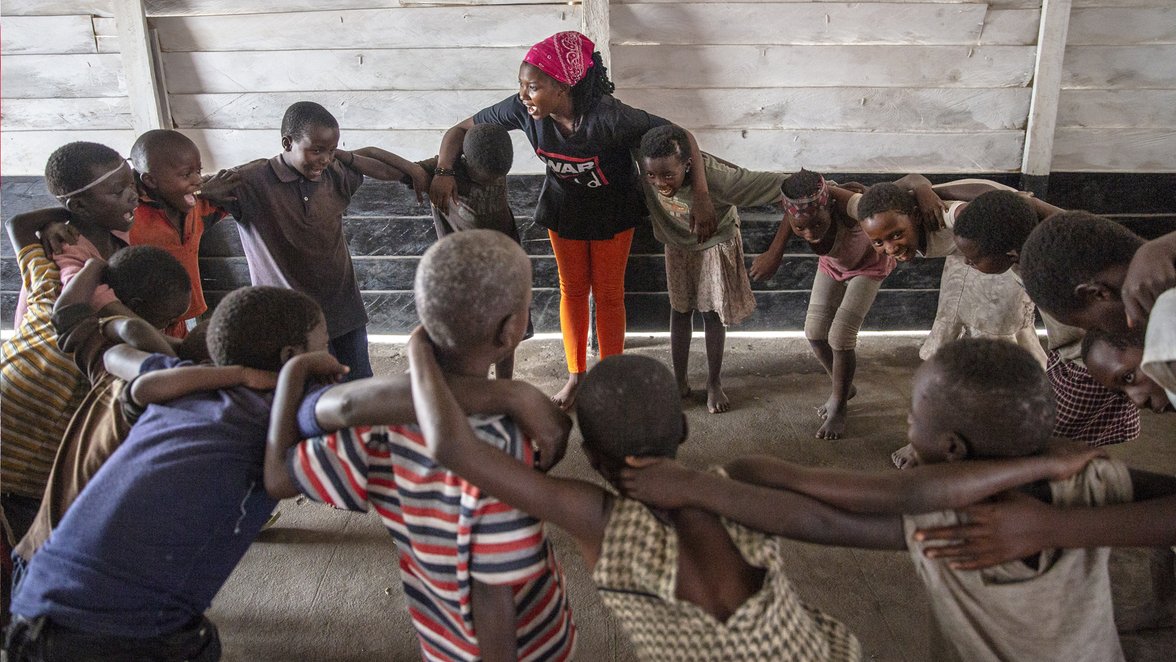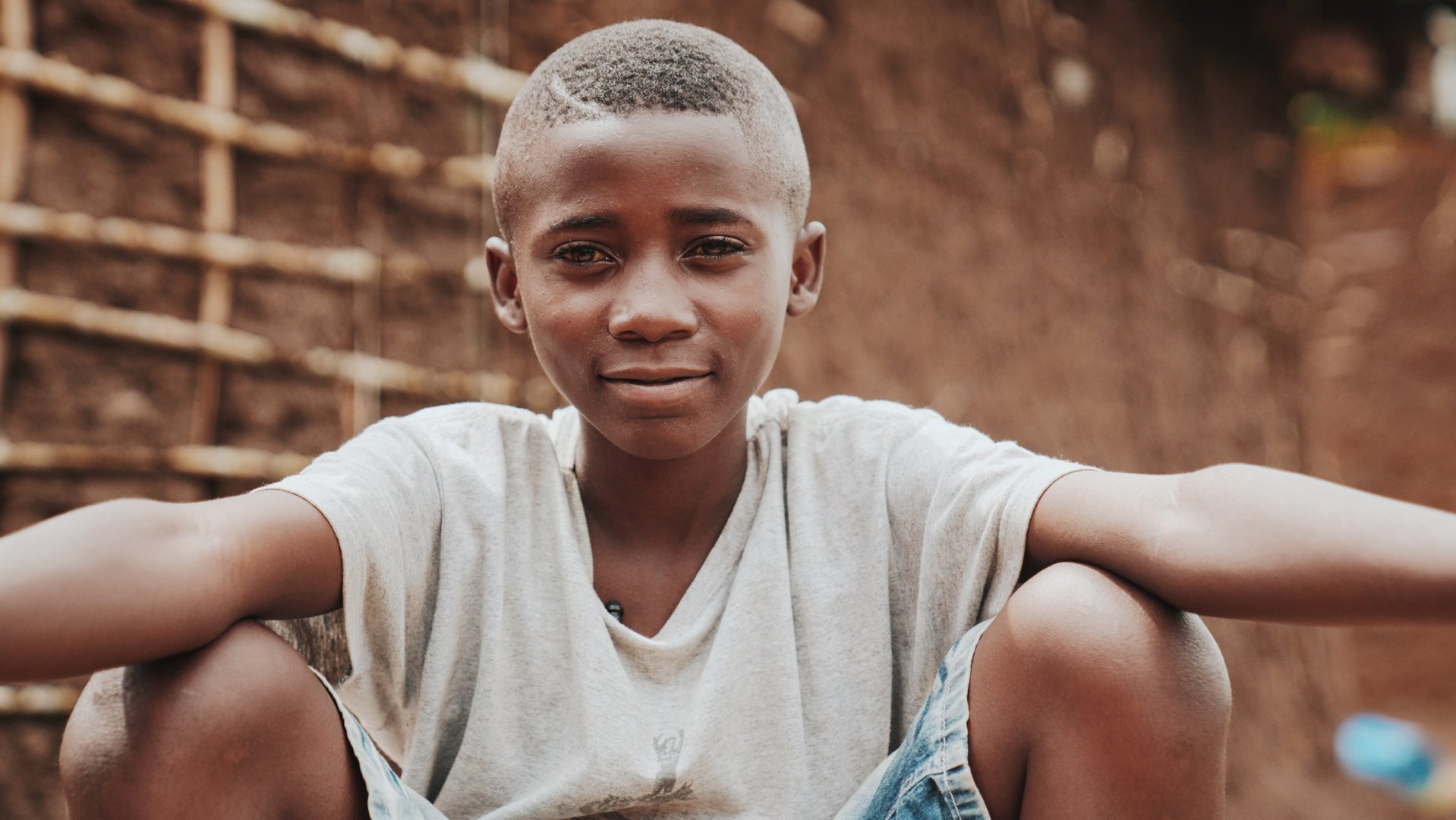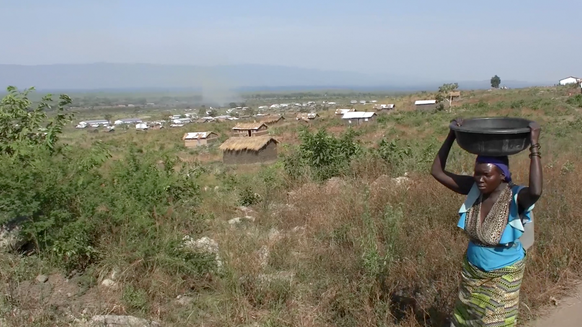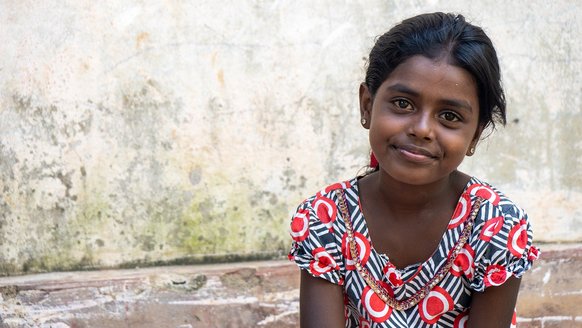EU: €1.1 million for psychosocial support to DR Congo
June 12, 2019
Uganda

Strengthening Psychosocial services
The SPOT project (Strengthening Psychosocial support service for Transformation) – to be implemented by War Child Holland in collaboration with Humanity & Inclusion and TPO Uganda - will provide comprehensive mental health and psychosocial services to Congolese refugees in Uganda.
The primary focus of the 15 month project will be on the most vulnerable individuals - survivors of gender-based violence and people with disabilities.
Traumatic experiences
Uganda’s Kyaka II and Kyangwali refugee settlements are currently host to over 178,000 Congolese refugees. Many here have experienced significant trauma and witnessed unspeakable events on their perilous journeys to safety. They have witnessed conflict at first-hand, gender-based violence and the traumatic loss of friends and family members.
Horrific experiences such as these – and the utter sense of helplessness – takes a heavy toll on refugees’ well-being. And without adequate support, the most vulnerable – particularly those with disabilities and the elderly – are at significant risk of being further marginalised.

Nelson lives in a refugee settlement in Uganda
Photo: War Child
Support and comfort
The SPOT project works with psychologists, social workers and facilitators, using counselling, therapy and community inclusion and the services of trained community members that refugees can resort to for support and comfort.
“While often neglected, mental health services are indispensable for refugees’ well-being and to help them rebuild their lives’ says Christos Stylianides, EU Commissioner for Humanitarian Aid and Crisis Management. ‘In addition, it is important that refugees with special needs are given the therapy and social assistance they need.’’

